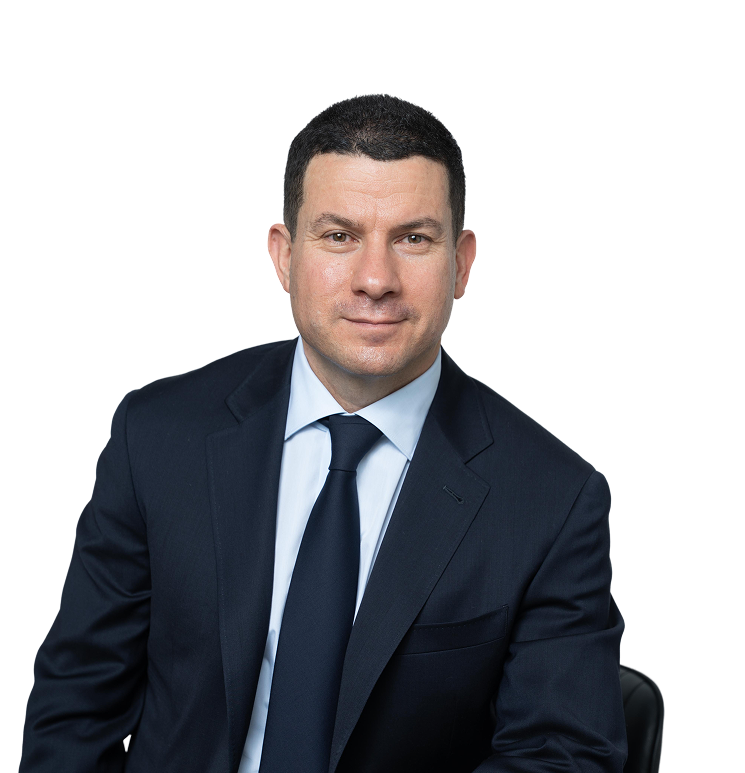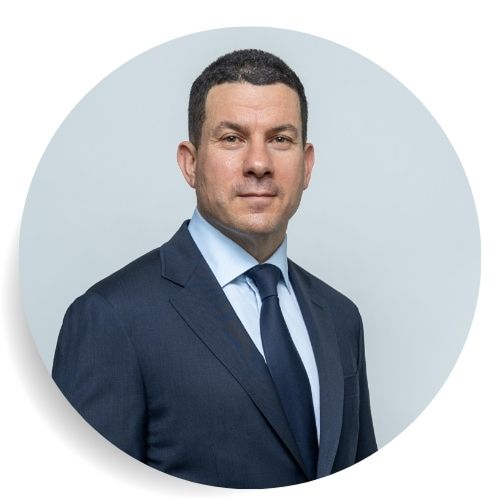Navigating a voluntary disclosure for offshore assets requires more than just filling out forms. It demands an experienced approach that anticipates CRA scrutiny and addresses every potential gap in your file. The Voluntary Disclosure Program Help team at Faris CPA combines technical tax knowledge with real-world experience handling complex offshore disclosure cases and communicating with the CRA, ensuring no detail is overlooked.
We approach each case as a unique challenge. Our process includes reviewing foreign financial statements, coordinating with overseas institutions, and identifying documentation that supports your position. By anticipating the questions and analytical methods the CRA is likely to use, we position your disclosure to withstand review and secure the most favourable outcome available under the program.

If the total cost of your specified foreign property exceeds $100,000 CAD at any point in the year, you must file Form T1135 detailing your holdings. This includes property such as foreign bank accounts, securities, real estate, and certain interests in trusts. The form requires country-by-country reporting and, in some cases, income and gain details.
If the total cost of your specified foreign property exceeds $100,000 CAD at any point in the year, you must file Form T1135 detailing your holdings. This includes property such as foreign bank accounts, securities, real estate, and certain interests in trusts. The form requires country-by-country reporting and, in some cases, income and gain details.
Crackdowns make it more difficult to shield assets in jurisdictions with low or no tax. Increased transparency requirements and cooperation among governments mean that information once considered private is now more accessible to tax authorities.
Under agreements such as the Common Reporting Standard, financial institutions in participating countries share account details with tax authorities, who then exchange this data with other nations. This system significantly reduces the likelihood that unreported accounts will go unnoticed.
This CRA program rewards individuals who provide credible leads on substantial cases of offshore tax evasion. Informants may receive a percentage of the additional federal tax collected if the information leads to a successful outcome.
This program allows eligible taxpayers to come forward with unreported offshore holdings before the CRA contacts them. If accepted, it can reduce penalties, eliminate prosecution, and, in some cases, lower interest charges.
While disclosure can reduce penalties, you will still need to pay the taxes owed and possibly some interest. Professional fees for preparing a complete and defensible application are also standard, but the risk reduction and potential savings from penalty relief often outweigh these costs.
